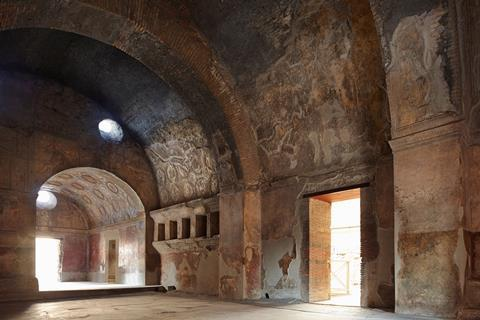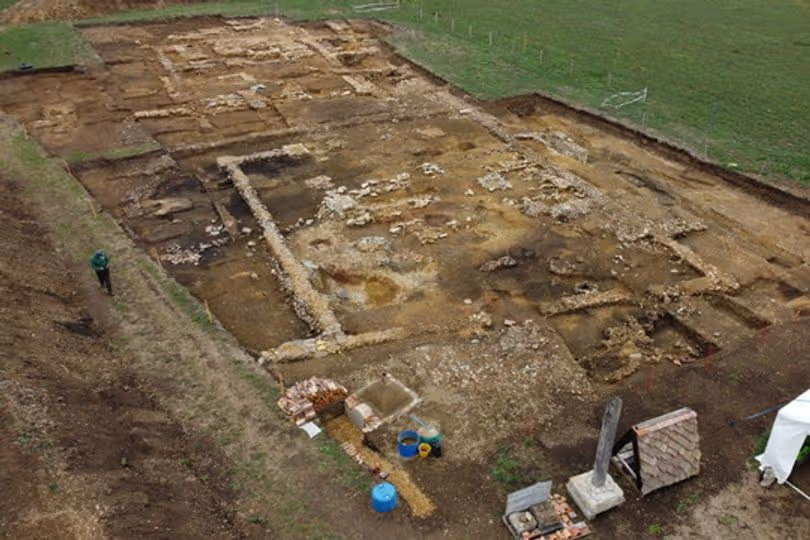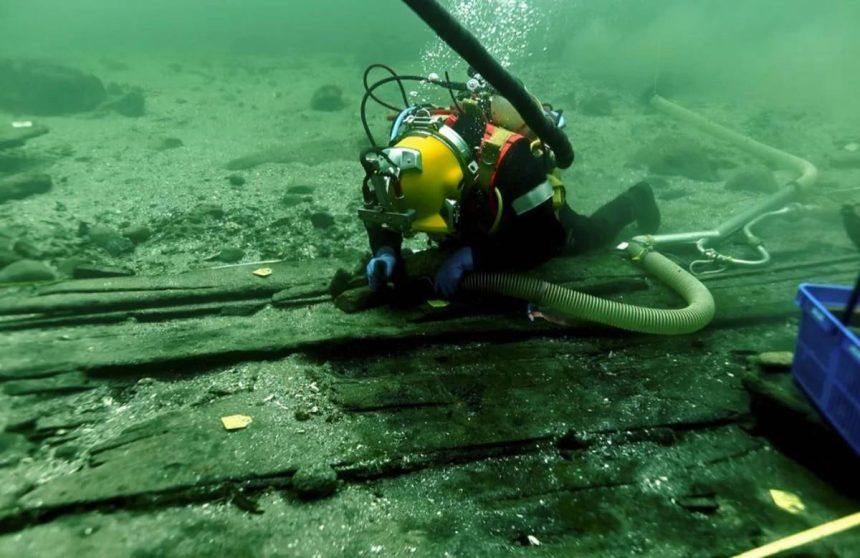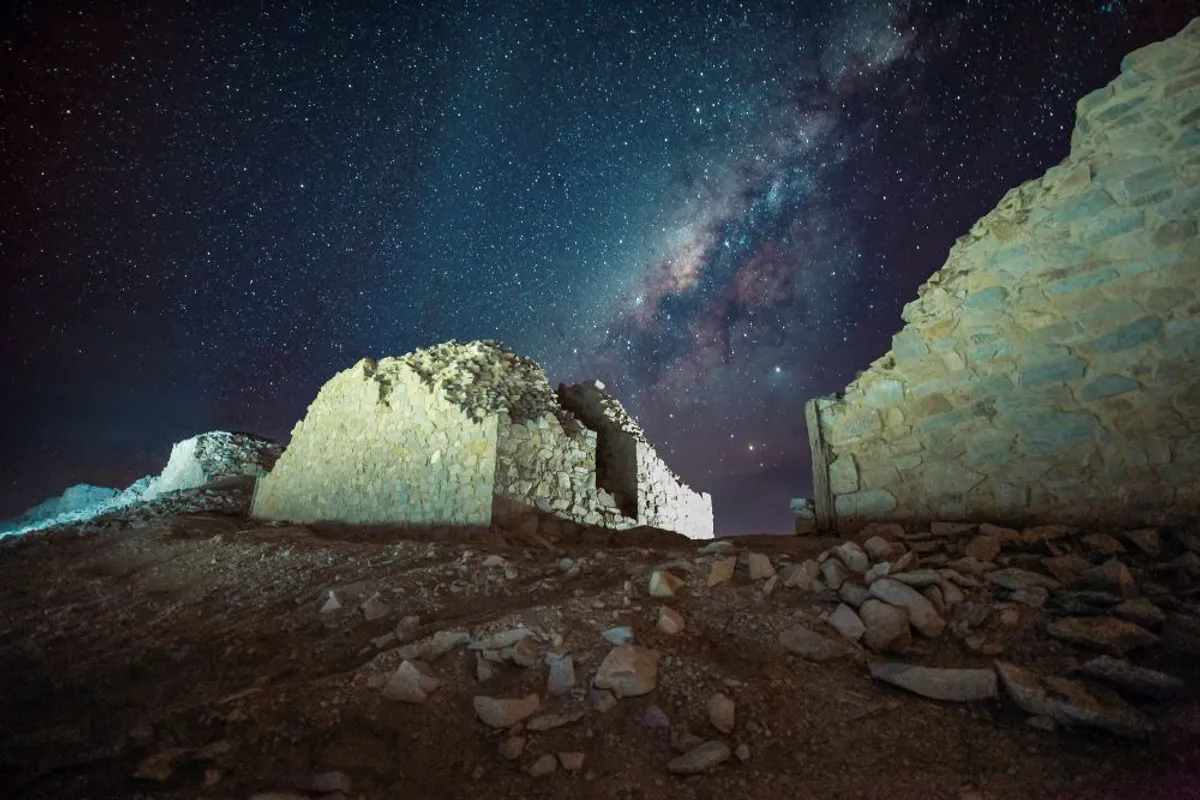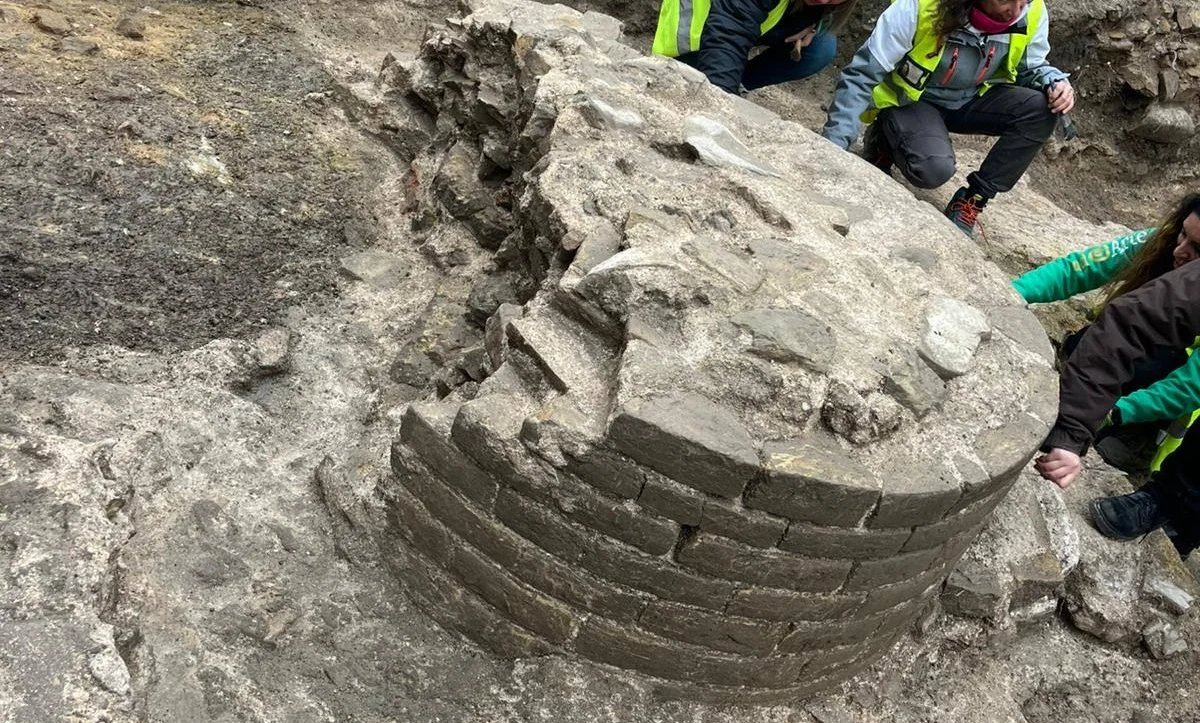Renowned for his unyielding courage in the face of oppression, Alexander Solzhenitsyn was a literary giant whose unflinching pen laid bare the brutal reality of life under communism in the Soviet Union. Through his writings, Solzhenitsyn delivered damning revelations that resonated across the globe, fundamentally altering perceptions of the Soviet system and shaping the course of the Cold War.
Solzhenitsyn's harrowing experiences, documented in his writings, brought to light the horrors of life under the repressive Soviet regime. His seminal work, "One Day in the Life of Ivan Denisovich," published during the Khrushchev "thaw" following his own release from the gulag system, provided a searing depiction of the harsh realities faced by countless individuals unjustly imprisoned and forced into labor camps.
Having questioned the prevailing Soviet narratives during World War Two, Solzhenitsyn's unwavering commitment to truth resulted in his arrest in East Prussia and subsequent incarceration in the brutal gulag system. It was within the confines of these camps that he encountered numerous individuals who shared their own stories of unjust arrests and the atrocities committed by the NKVD, solidifying his resolve to expose these injustices through his writing.
Despite Khrushchev initially defending his publication, Solzhenitsyn was subject to intense scrutiny and close surveillance by the Soviet secret police because of the provocative nature of his work. His subsequent book, "Gulag Archipelago," which laid bare the decades of brutality under the Soviet system, was perceived as a direct threat to the Soviet state. In fact, an assassination attempt using the toxic chemical ricin in 1971 signaled the extent to which his writings posed a challenge to the status quo.
Not content with solely exposing the repressive nature of the Soviet Union, Solzhenitsyn also took aim at the pro-Soviet rhetoric prevalent in the Western press. His accounts of Western nations, including England, supporting Soviet lies and unjustly repatriating fleeing refugees during World War Two elucidated the deep impact of his work on socialist intellectuals, challenging their support for socialist states during the Cold War.
The release of "Gulag Archipelago" sent shockwaves through the Western world, leading to a reevaluation of socialist movements and a revival of scrutiny on the Soviet Union. Solzhenitsyn's seminal work precipitated a shift in socialist intellectuals' perspectives, drawing attention to alternative revolutionary expressions and ultimately contributing to a transformation in Western views on the Soviets and the inevitable collapse of the Soviet Union.
Despite facing allegations of supporting Nazi movements and hatred for his country, Solzhenitsyn's steadfast commitment to truth and unwavering courage in the face of totalitarian control remain a poignant reminder of the enduring relevance of his warnings about collectivist systems. His legacy serves as a powerful testament to the extraordinary impact of a single individual's resolve and the enduring power of the written word in exposing injustice and tyranny.
In an era where the threat of totalitarian control looms large, Solzhenitsyn's revelations continue to serve as a stark reminder of the enduring relevance of his warnings and the indomitable power of truth in the face of oppression.




